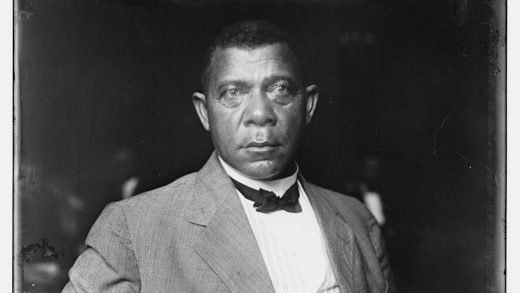All of what was lasciviously read and watched during the first month of the 2022nd year of our Lord and Savior Jesus Christ, who has redeemed us from Hell!
The lascivious reading and watching was not in his name (you know, JC …).
1/1
—Twelve O’Clock High (1949). Gregory Peck stars as a Brigadier General who reluctantly has to take over a bomb group in the Eighth Air Force, stationed in England in 1942. A deeply emotional drama in which Peck gives an impressive performance.
— Kill Bill, Vol. 2 (2004), last 90 minutes. Of the two volumes, I prefer this less. That is probably the best way to put it.
— Tolstoy, War and Peace, 20 pp.
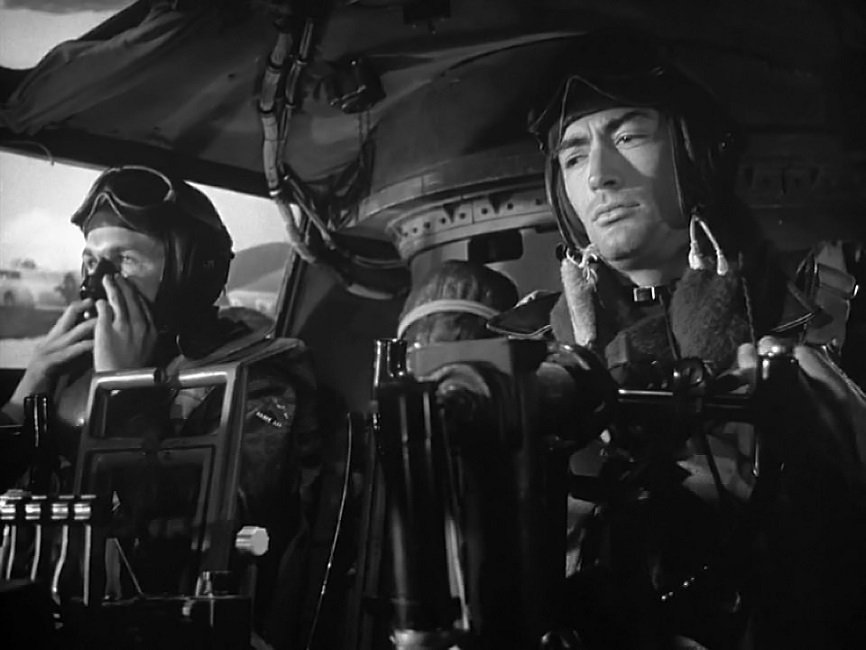
1/3
— The Crown, 3.8: The death of the Duke of Windsor, the former King Edward VIII who abdicated in order to marry Wallis Simpson, occurs, making the likeness between the former and his wife and Charles and Camilla all the sharper, particularly in light of the difficulties both relationships pose for the royal family. The actor who plays Charles does an excellent job, I guess, because his mental duress is palpable. Yet I find myself exasperated by him.
— Trust, 60 pp.
1/5
— Rebecca Altman, “How Bad Are Plastics, Really?” Atlantic: Jesus Christ. Not good.
— Newton, 5 pp.
1/6
— Newton, 5 pp.
1/7
— Newton, 10 pp.
— Red Notice (2019) A mildly entertaining drama with the Rock, Ryan Reynolds, and Gal Gadot. Reynolds has basically figured out his schtick since Deadpool (probably before this and I just know that little about his career) and is given free rein to run with it. The Rock is the straight man. Echoes of Indiana Jones.
Should have watched something on Criterion.
— Tolstoy, 70 pp.
1/8
— Tolstoy, 25 pp.
— Tall Girl (2019). Lucian’s selection, but surprisingly interesting. About an extremely tall girl, for her age, and the difficulties this feature produces for a teenager.
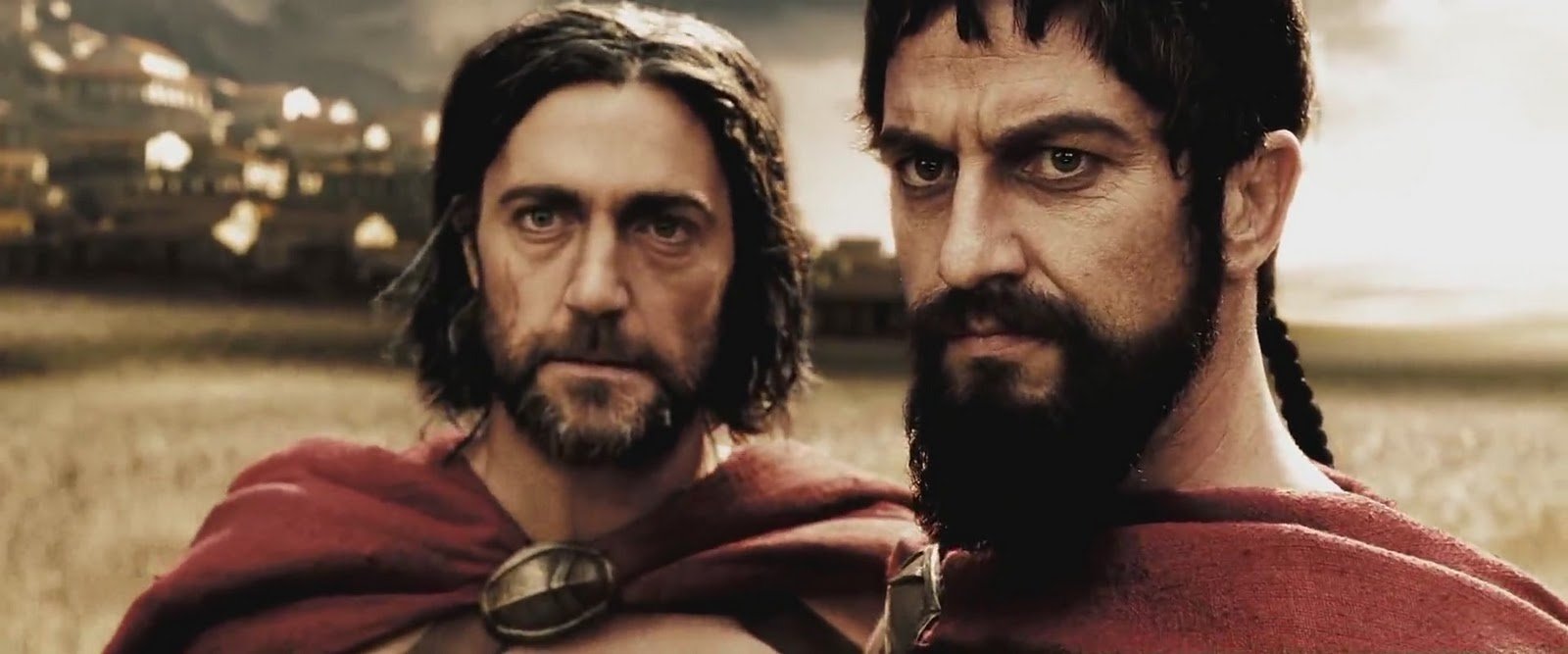
1/11
— 300 (2007): This film is so camp, it’s nearly unbearable. Years ago I saw a meme (as they insist on calling them, these days, quite contrary to what a meme actually is) with Gerard Butler walking into a pool and clearly his 300 bod had slackened. The caption was: “Tonight, my friends, we feast at Sizzler!”
Is it necessary to point out that 300 is fascist? Everyone knows … right? “Fascinating fascism,” eh?
1/12
— Tolstoy, 15 pp.
1/13
— Oldboy (2013): Spike Lee’s remake of the 2003 Park Chan-Wook film of the same name. My adoration for the latter has kept me from giving the Spike Lee project an airing, for I generally thought this was just a cynical remaking of an Asian film to capture a Western audience.
This judgment is not without some legitimacy.
But that does not mean that Lee’s Oldboy doesn’t provide us with a commentary of Chan-Wook’s Oldboy. This is one of the virtues of remakes: they provide commentary on the cultural changes between one moment (or place) and another.
One of Lee’s critiques of the previous film is that our protagonist needs a starker transformation and our antagonist needs more justification than Chan-Wook’s original provided. Where Chan-Wook seems likely to say that radical transformations are impossible, Lee is promising precisely that. And Lee may even say that this is necessary in order for the antagonist to bear justifications for his Mephistophelian designs.
1/14
— Thomas Paine, “African Slavery in America”, the Portable Enlightenment Reader
— Thomas Jefferson, “On Indians and Negroes”
— “Negro,” Encyclopedia Brittanica
— Tolstoy, 5 pp.
1/15
— The Steamroller and the Violin (1961). Early Tarkovsky film. And lovely.
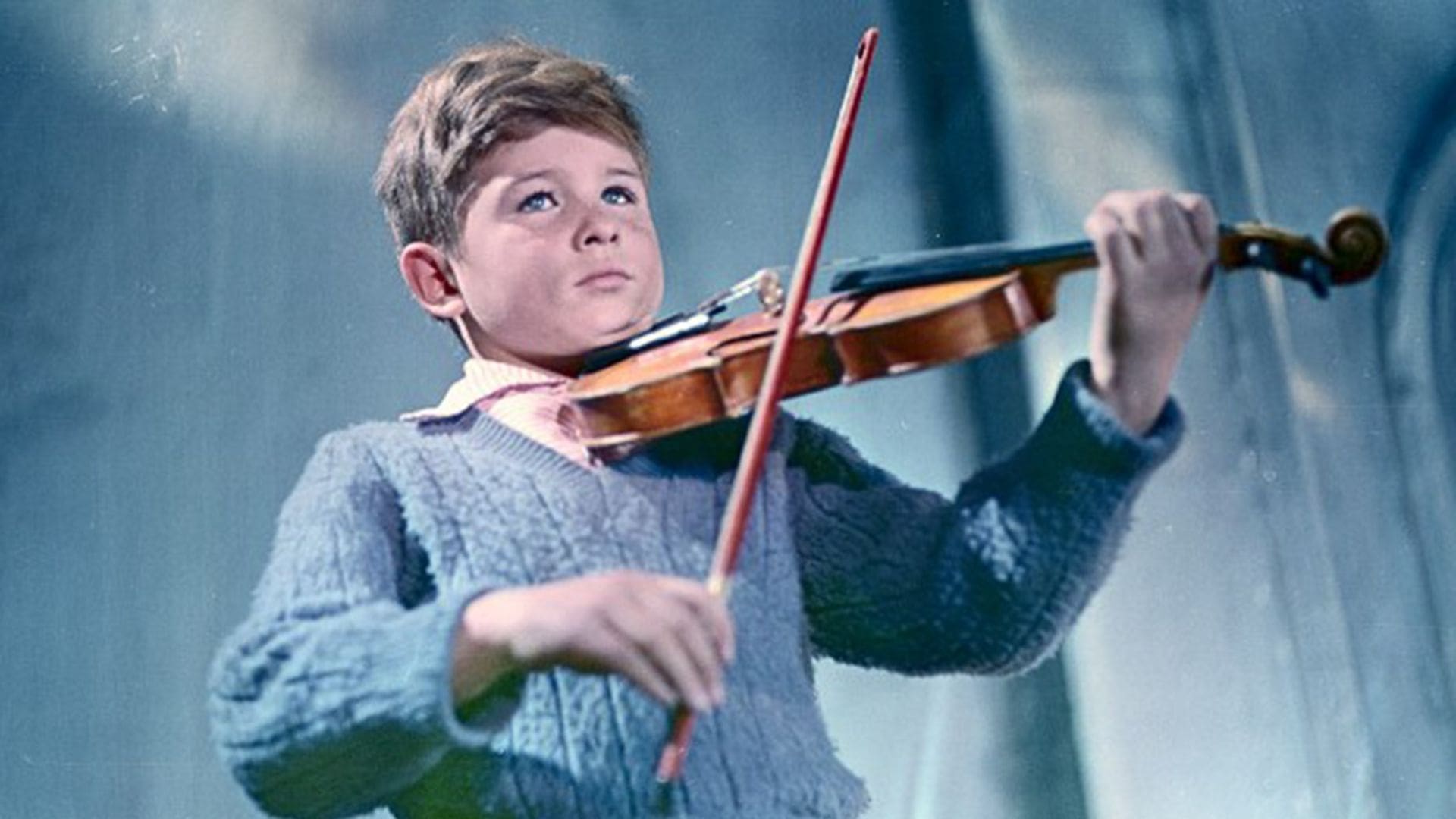
1/16
— 2001: A Space Odyssey (1968), 54 minutes. Began this to show Lucian the early prehistorical man sequence, inspired by a conversation we were having about how long it could have taken before humans had consistently developed certain primitive tools (like using fire).
— Finished War and Peace
I FINISHED WAR AND PEACE!!!!!!
It only took me some two years. And it was worth it … really. Dying for a justification of my slow reading?
1/17
— 2001 (1968), finished. Am I wrong in thinking that nothing after unplugging HAL was really necessary? Yes, insofar as there had to be some connection with the beginning and why the travel to Jupiter. But what is the rest of the film about?
— Girl Who Played With Fire (2009). Revenge is so delicious?
— Shakespeare, 1 Henry IV, 15 pp.: Needed this to clear my intellectual palate after the aforementioned. And I read again, for the third or fourth time, the opening exchange between Hal and Falstaff. I’m sort of in love.
1/18
— Introduction to Medieval Jewish Philosophy: Did ever tell you about how once I was a philosopher? Or rather, I taught the history philosophy to college students who were, for the most part, uninterested. When it was good, I loved it.
— 1 Henry IV, 15 pp.
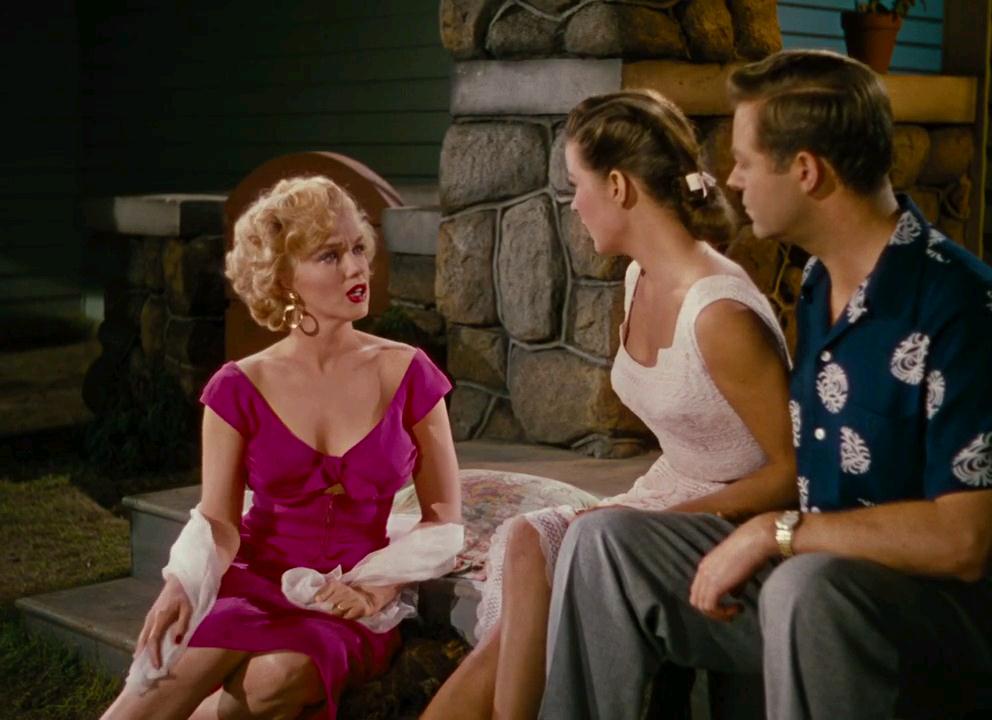
1/19
— Niagara (1955). A Henry Hathaway film staring Joseph Cotton, Marilyn Monroe, Jean Peters and Max Showalter (the latter showing up in John Hughes’ Sixteen Candles [1984]). But let it not presumed that Showalter’s appearance meant much to me. Jean Peters is undoubtedly the center of the film. Monroe is excellent, but her character is uninteresting, trajectory unmistakeable. Similarly for Cotton’s character.
The conceit with her ending up on the boat at the end was reasonable, I guess …
The only excellent part of this film was Cotton’s character chasing Monroe’s though the building where the chimes were. That was Hitchcock.
The rest was, meh.
1/20
— The Crown, 3.9
— Mr. Show with Bob and David, various episodes. Before this day I knew nothing of this show.
— C. S. Lewis, The Voyage of the Dawn Treader, Ch. I
1/21
— Topaz (1969)
— 1 Henry IV, 15 pp.

Why Poe Dameron sucks?
Poe Dameron sucks, not Oscar Isaac, who is gifted and shines in films like Inside Llewelyn Davis (2013) and Ex Machina (2015), among others.
The problem is how Poe appears in the Star Wars films, a mixture of Luke Skywalker and Han Solo, yet without the narrative opportunities to become this character. That is, his viewers have seen none of the backstory substantiating the character.
Not as naive as Skywalker nor as cynical as Solo, yet supposed to be as cool as Solo and as virtuous as Skywalker.
His best lines are where he is verbally taunting Kylo Ren at the beginning of The Force Awakens (2015) and General Hux in The Last Jedi (2017).
1/23
— The Force Awakens (2016). Family movie night. Shreds of previous domestic solvency. More and more I dislike the character of Poe Dameron.
— 1 Henry IV, 15 pp.
1/24
— Ace in the Hole (1951): This is a brilliant Billy Wilder film starring Kirk Douglas and others, but this is one of those films that makes it very clear why Douglas is esteemed. He’s a talented actor, truly.
I’d heard of this film, grace à Criterion Collection (merci beaucoup), but hadn’t watched it for the sad pathetic reasons that I hadn’t watched it, mainly because I’m pathologically addicted to bad movies. More on that later
Douglas plays a reporter who drifts into a nowhere town claiming to have worked at all the biggest papers in New York and Los Angeles, offering his potential boss the opportunity to make $200 a week, namely, by hiring him for $50 a week (and saving the $200).
Despite this he’s hired and maintains a mirthless existence punctuated by the occasional complaints about having to write stories about snake festivals. On the way to one he inadvertently comes across the story that he can ride back to success: a man searching for Indian artifacts (to sell at his roadside stand) who seems to be temporarily trapped in a cave.
Like the Huckster he claims to be, he overcomes numerous obstacles to squeeze every possible cent from this event without acknowledging even the most minor objections of conscience.
— Don Delillo, The Silence, 60 pp.
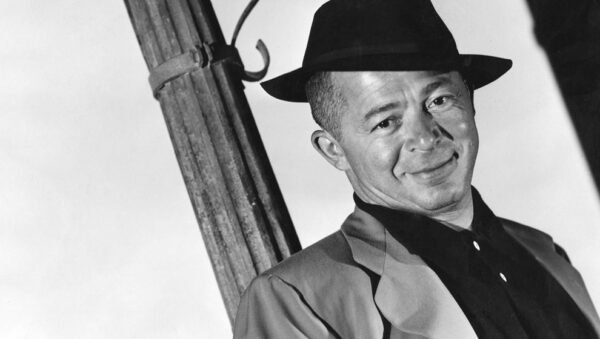
Who is Billy Wilder?
Born in Austria but emigrated to the US before WWII, Wilder was a Hollywood director/auteur responsible for some of the films that you’ve vowed to see but haven’t, like Double Indemnity (1944), Sunset Boulevard (1950), and Sabrina (1954).
To call him a formative influence on the nature of what a film is isn’t strong enough.
1/25
— Finished The Silence: Was it even 100 pages? Typeset in Courier, I believe. This was the font used in college to eek an essay into the page requirements of an assignment.
Wrote about this in some detail, particularly on the electromagnetic pulse and voiceless narration.
— Dawn Treader, Ch. II
1/26
— Heist (2001). Directed and written by David Mamet. Starring Gene Hackman, Danny DeVito and Delroy Lindo, with Rebecca Pidgeon, Ricky Jay and a young Sam Rockwell in supporting roles.Despite everything, I do think David Mamet films are somewhat guilty pleasures. This is undoubtedly one of those.
— Finished 1 Henry IV
— James Joyce, Ulysses, 15 pp.
1/27
— Ulysses, 5 pp.
1/28
— Dawn Treader, Ch. III
— Ulysses, 10 pp.
1/29
— Ulysses, 10 pp.
— Dawn Treader, Ch. IV-VI
— The Gold Rush (1925). One of the ways I get Lucian to not simply watch animated films it to get him to watch films with Charlie Chaplin and Buster Keaton (and hopefully soon Harold Lloyd).
1/30
— Dawn Treader, Ch. VII-IX
— Black Lizard Anthology of Crime Fiction (BLACF), Loren D. Estleman, “The Used”
— Bill Pronzini, “A Cold Foggy Day” (BLACF)
— Harry Whittington, “Swamp Search” (BLACF)
— William Campbell Gault, “Take Care of Yourself” (BLACF)
1/31: Elia Kazan Film Festival
— Wild River (1960), starring Montgomery Clift, Lee Remick, Jo Van Fleet, Albert Salmi and Jay C. Flippen.
— Baby Doll (1956), starring Eli Wallach (in one of his first roles as “a Wop”), Karl Malden as you’ve never seen him before and perhaps never again, and Carroll Baker who is terrifying. An orgy for the intellect and the senses.



